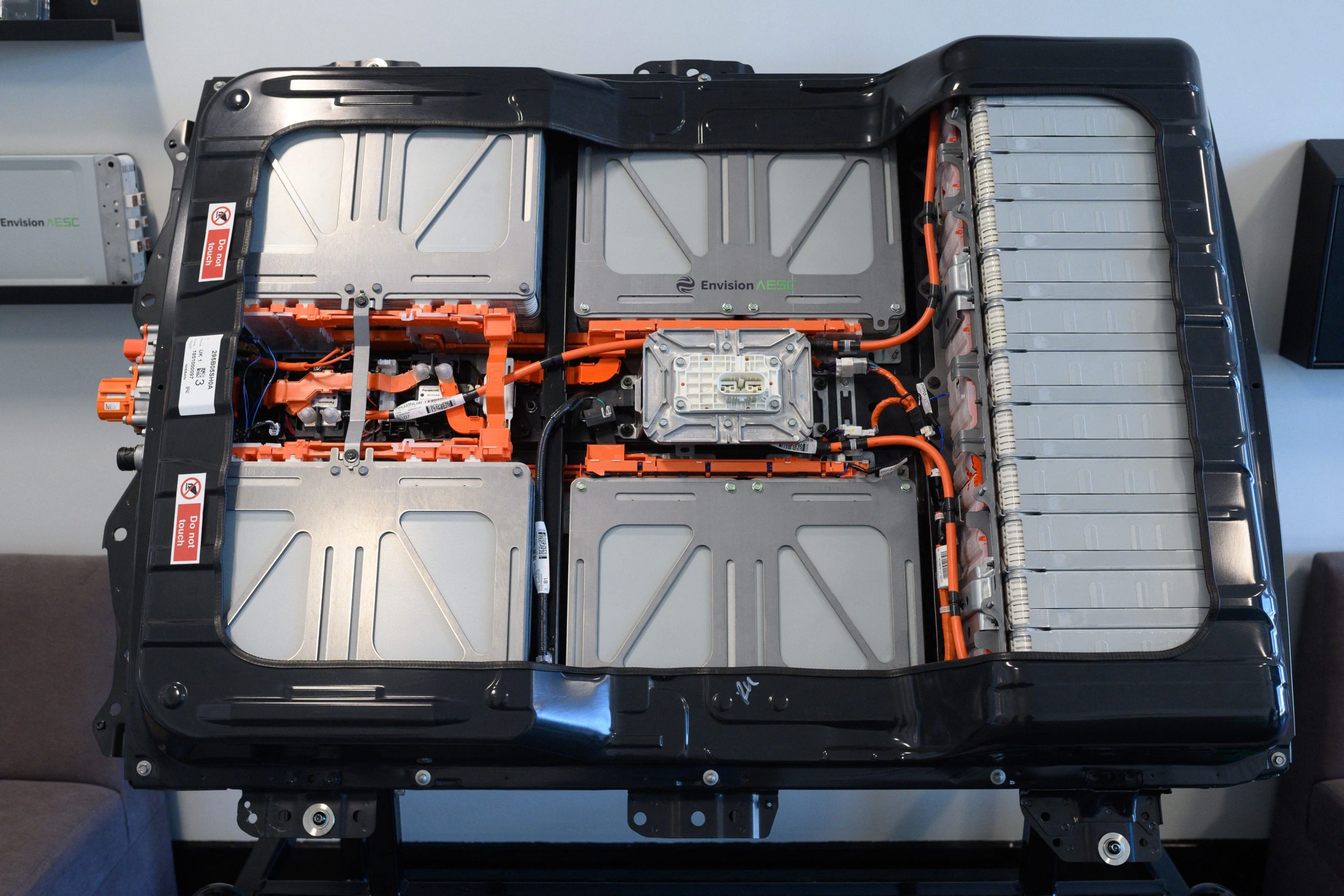The transition to electric vehicles is going to require a lot of EV batteries, which the U.S. doesn’t currently have. Our lack of batteries and the raw materials needed to make them is just another reason why the gradual transition to EVs has been a little too gradual in the U.S., and experts claim this battery problem could turn into a threat to national security, as CNN reports.
If there’s one thing that gets the U.S. moving on an issue, it’s citing national security concerns, which could be legitimate given China’s dominance in battery production — but I’m sceptical. CNN quotes Bob Galyen, who engineered the battery for the GM EV1. Galyen has reportedly tried to get a long-term strategy for domestic battery production in place for the U.S. without much success:
“We have neither the raw materials nor the manufacturing capacity,” Galyen told CNN Business. “If the wrong country goes to war with us, we don’t have enough batteries to support our military.”
It’s hard not to read Galyen’s statement as a reference to China, and some other experts claim past disputes show the Chinese could use battery production as leverage:
“China could shut down the world’s electric vehicle transition for political reasons,” Jeffrey Wilson, research director of the Perth USAsia Centre at the University of Western Australia, told CNN Business. “As of today, there’d be nothing we could do to stop that in the short term.”
Wilson pointed to the possibility of China restricting exports of lithium hydroxide to give its domestic electric battery and vehicle manufacturers an advantage. (Lithium hydroxide, which is critical for batteries, is largely processed in China.) He said that a 2010 incident when China restricted Japanese access to rare earth minerals during a dispute between the countries showed the risk isn’t out of the question.
While it’s true that China could restrict exports, the idea that this could hurt the U.S. military sounds like a stretch. According to some, the risks of moving to electric vehicles and depending on China for their batteries is overblown:
Others say the national security risks that come with the shift to electric may be less than those posed by oil. It’s not in the best interest of foreign countries to restrict US battery supplies, some suggest.
“If China decided to pull the plug on [electric vehicles], batteries, and battery cells today, then there would be a huge problem for [the electric vehicle] transition,” Tom Moerenhout, a Columbia University professor who studies global energy policy. “But China has no interest in doing that.”
China wouldn’t be interested in pulling the plug on the U.S., mostly because that would hurt its own economy, but also because China itself depends on U.S. allies like Australia and Chile for raw materials. China has its own imports to look out for, after all, which is where the national security concerns should point.
Rather than worry about the military being affected by missing batteries someday, it could be better to look at the relationships China is fostering right now as one expert, Emily Kilcrease, claims:
…concerns in this case could be most pertinent to Bolivia, which has a wealth of lithium reserves and has weaker political institutions than other battery-metal rich countries like Australia and Chile, according to Emily Kilcrease, a senior fellow in energy, economics and security at the Centre for a New American Security, a Washington-based think-tank.
“I might argue that Chinese investments into lithium mines are a bigger threat to U.S. raw material supply chains, rather than political instability,” Kilcrease said.
Chinese companies own stakes in South American mining companies like Pilbara Minerals and SQM. Last year the Chinese company Zijin Mining bought Neo Lithium, a Canadian company with an Argentine lithium project.
It looks like the scramble to secure a place with the handful of battery-metal rich countries is the problem here. It’s more of a diplomatic and trade concern right now than one of U.S. national security directly involving the military.

